Slave Theater Demolished as Bed Stuy Icon Makes Way for Mixed-Use Development
The storied Bed Stuy theater is gone, and its new owner plans a mixed-use building with apartments.

Photo by Seán Devlin
The site of the Slave Theater, an icon in Bed Stuy whose sale and planned development has been the subject of many protests in the community, is inching closer to its newest iteration.
Now, after decades in Bed Stuy, there’s nothing left of the Slave to speak of.
The site was almost fully demolished by mid-December and now all that remains at 1215 Fulton Street is a construction fence, a bit of rubble, an expired stop work order and some construction equipment, a recent visit revealed. Life in Bed Stuy is bustling on by an icon that is no more.

Developer Industrie Capital Partners intends to remake the site and adjacent properties at 10 and 16-18 Halsey Street into a 200,000-square-foot mixed-use project with residential, office and retail, the developer’s website reveals.
Applications for new building permits have yet to be filed at any of the addresses, and there are as yet no renderings on the demolition site or the developer’s website.
The site, which previously housed commercial buildings of various kinds, may require a rezoning to include residential units. If so, it would have to go through the ULURP process, starting with Community Board 3 and requiring final approval from the City Council.
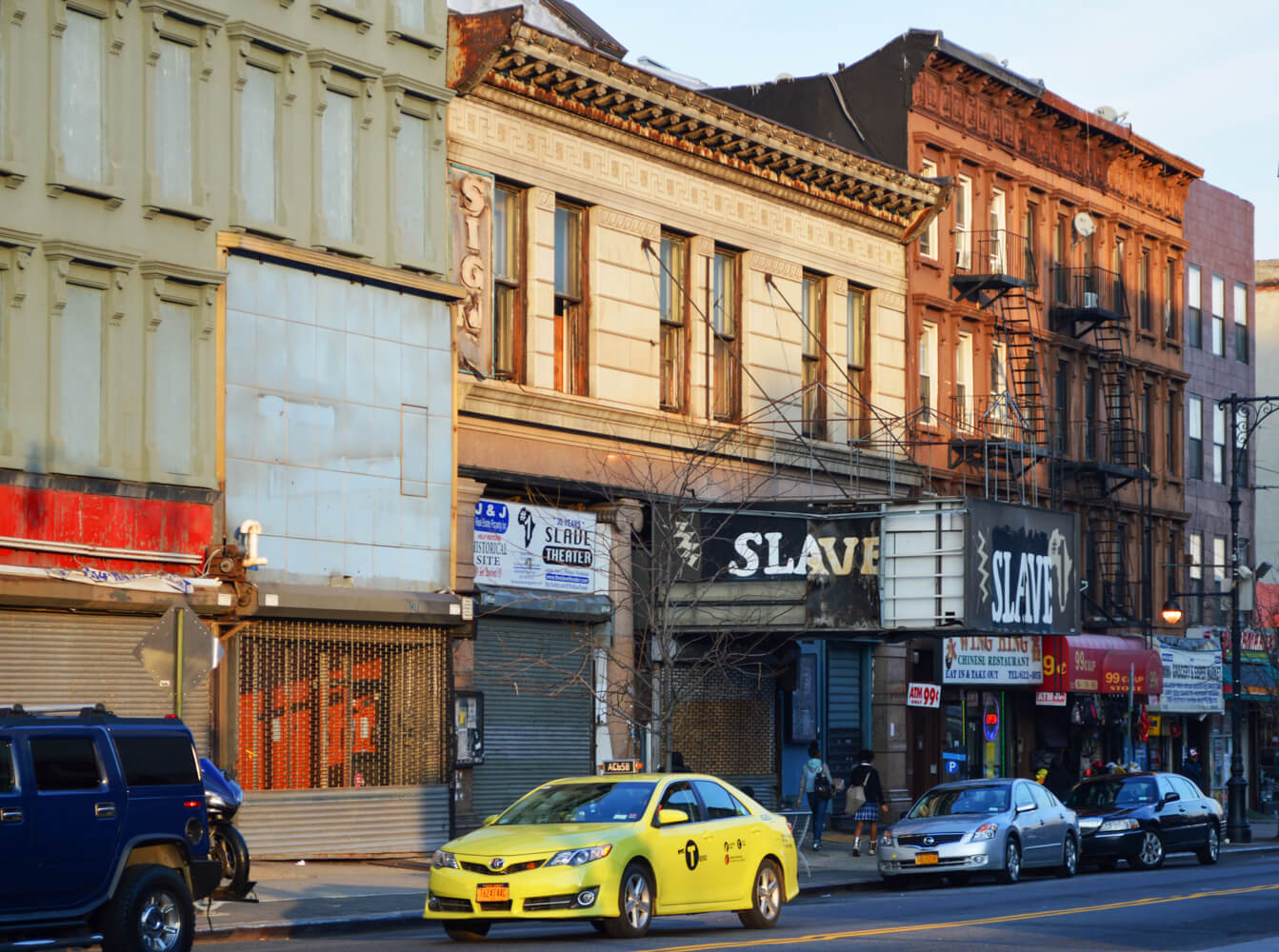
Industrie Capital Partners did not respond to a request for comment.
The Slave Theater holds cultural importance for Bed Stuy, particularly in the African-American arts community. It was founded in 1984 by by Judge John L. Phillips Jr., who purchased a former Regal Theater and named it Slave #1 to remind him and his neighbors of their history.
Phillips filled the building with African-American political art, and set about hosting speakers and showing films of, by, and about black people.
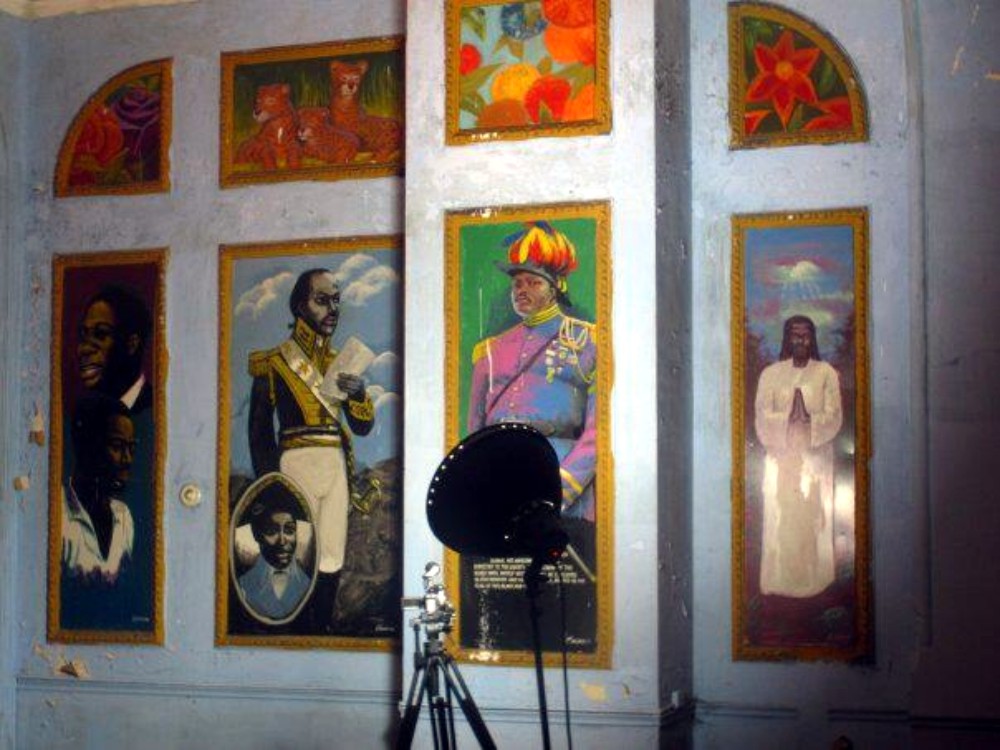
After Phillips’ death in 2008, questions lingered over who exactly owned the property. It passed to a family member in Ohio who, despite a lis pendens and court challenges by the theater’s former caretaker and a tenant, as well as an attempt by performance group New Brooklyn Theater to buy it, sold it to a developer Yosef Ariel in 2012.
Ariel bought adjoining properties at 10 and 16-18 Halsey Street, and in 2015 sold all three properties to developer Eli Hamway of Industrie Capital Partners for $18,500,000.
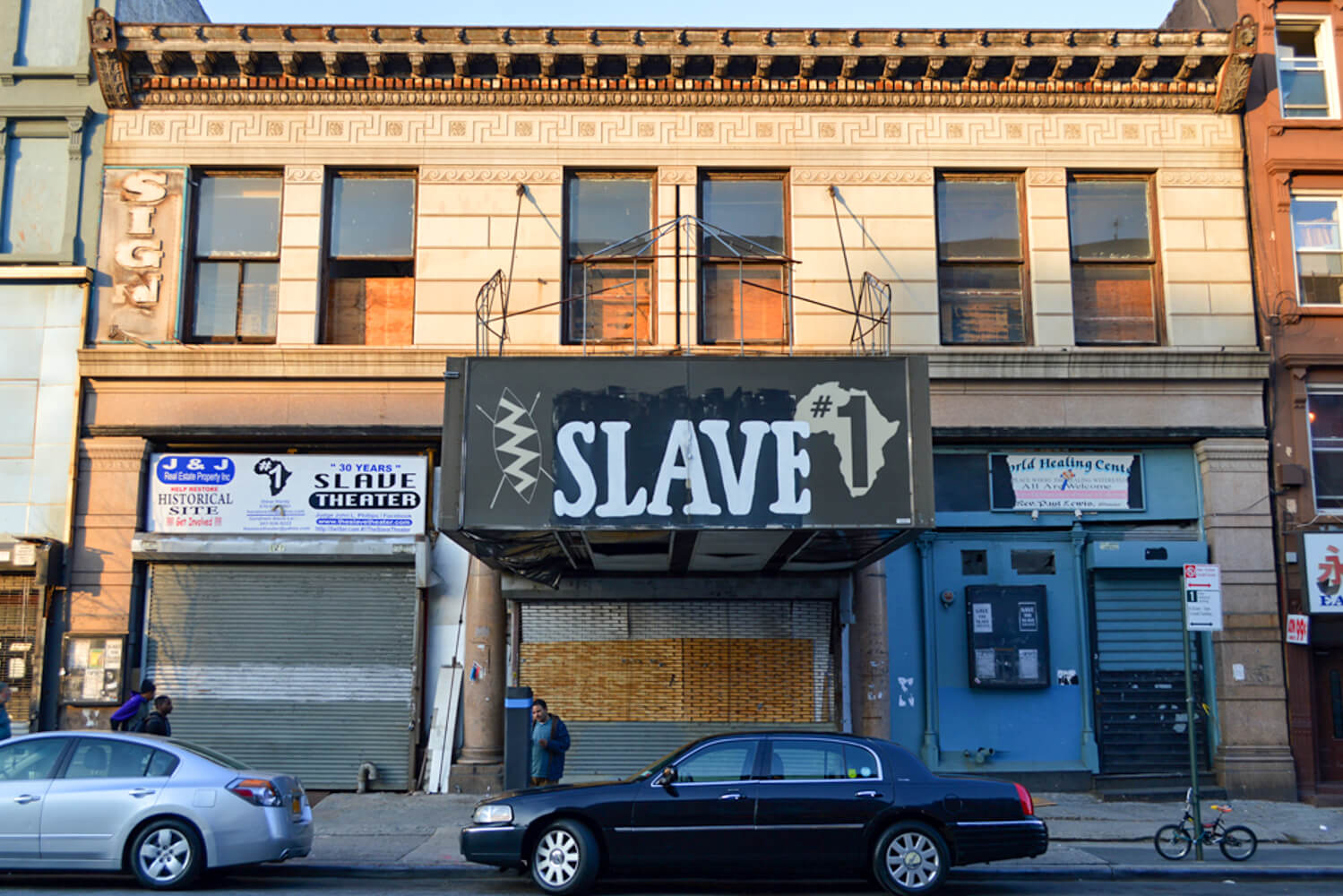
The developer’s many other Brooklyn projects include apartments on St. Marks in Prospect Heights and a remake of a factory at 94 9th Street in Gowanus by noted architect Morris Adjmi, which has been controversial because artists with studios in the building lost their leases.
Related Stories
- Black Pride, Kung Fu and Social Justice: The Life and Times of Bed Stuy’s Slave Theater
- Bed Stuy’s Iconic Slave Theater Sells to Developer, Already Hit With DOB Complaints
- Slave Theater Vacated, But Questions of Ownership Linger
Email tips@brownstoner.com with further comments, questions or tips. Follow Brownstoner on Twitter and Instagram, and like us on Facebook.

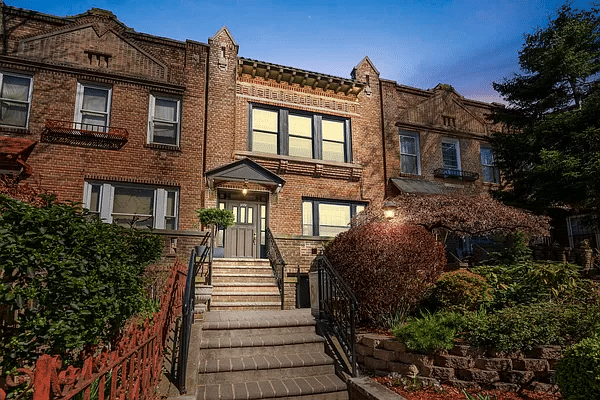
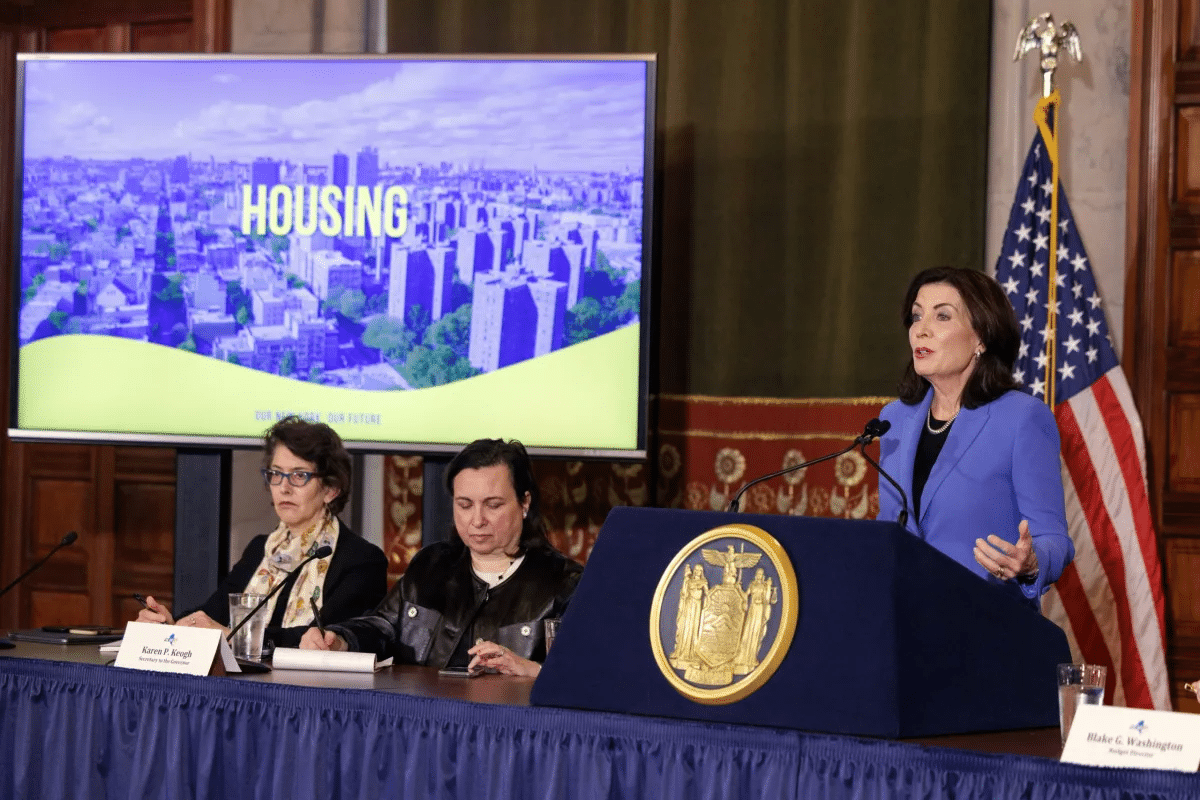
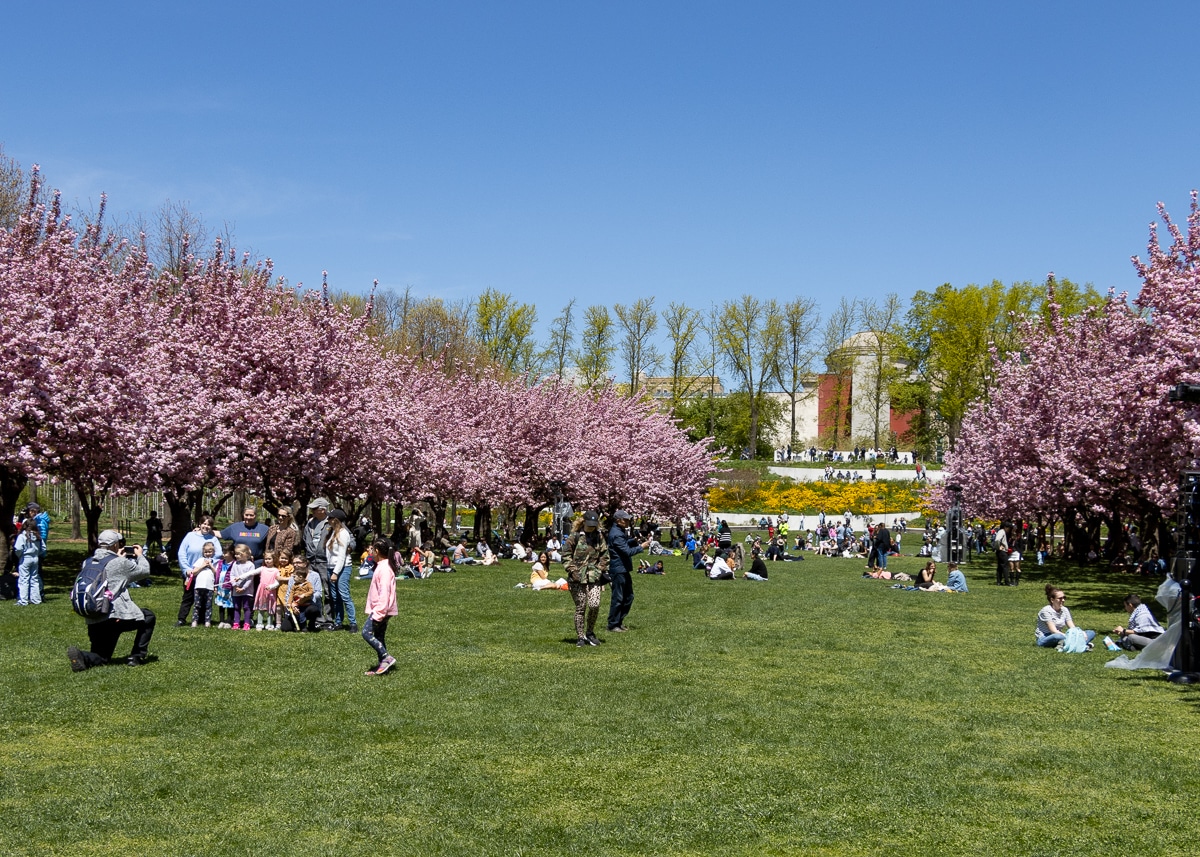
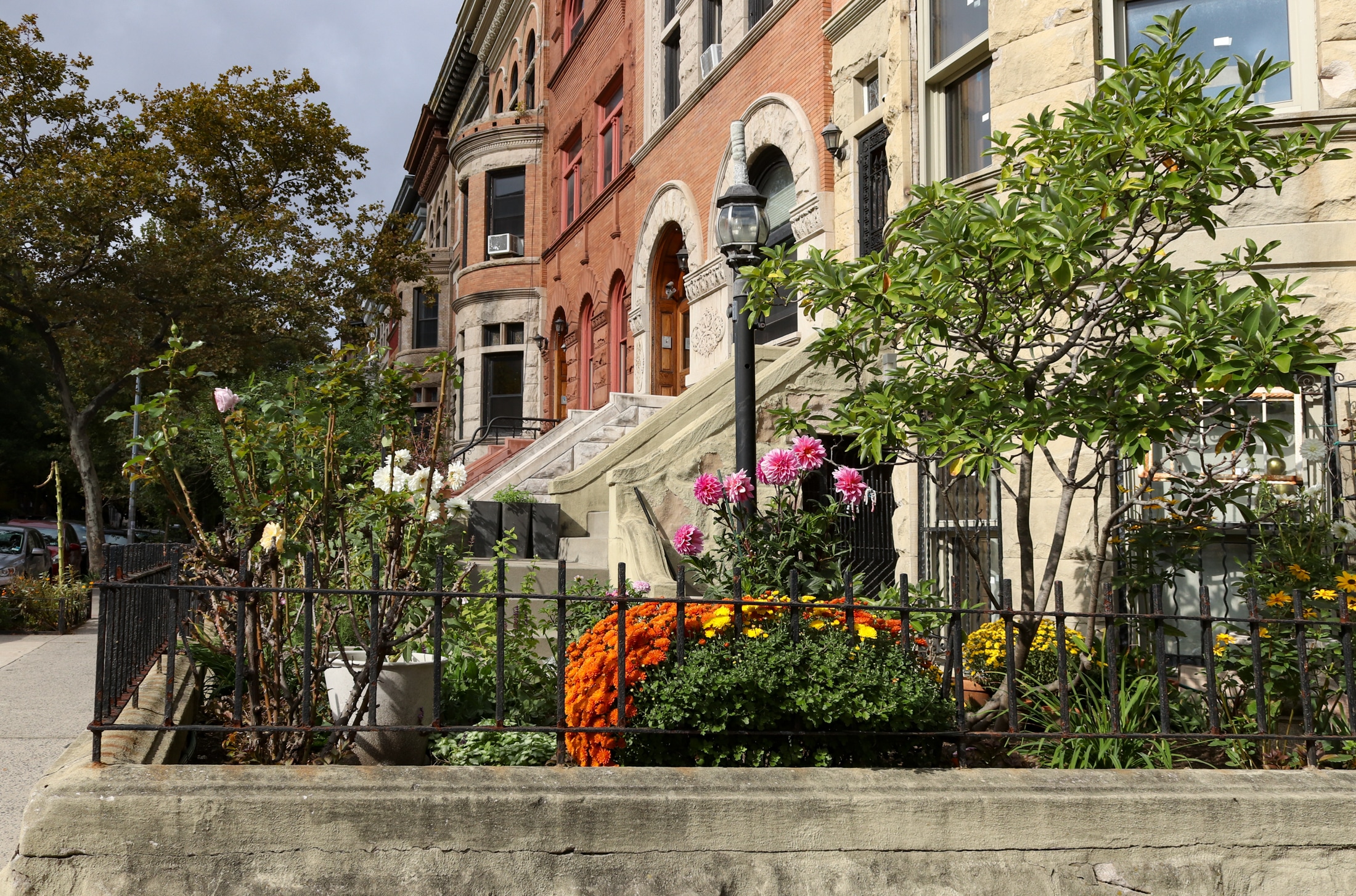




What's Your Take? Leave a Comment